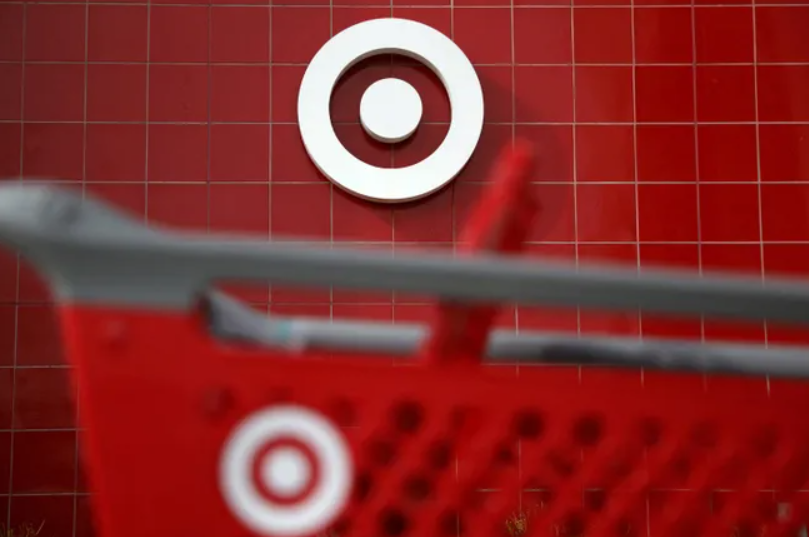Target (TGT.N) has announced that it will end its diversity, equity, and inclusion (DEI) program this year, making it the latest U.S. company to abandon such initiatives amidst growing opposition from conservative groups. In the past year, several major corporations, including Walmart, Amazon, and Meta, have scaled back their DEI efforts. Additionally, earlier this week, former President Donald Trump directed federal agencies to shut down DEI programs and called on private companies to end what he described as “illegal DEI discrimination and preferences.”
Target’s decision, however, has faced significant criticism. Many argue that the company’s reputation for inclusiveness has been instrumental in attracting a younger, more diverse customer base. Eric Schiffer, from Los Angeles-based Reputation Management Consultants, expressed that for Target, abandoning its inclusive approach could be seen as a major brand misstep, describing it as “brand suicide.” Schiffer’s firm advises U.S. corporations and celebrities on reputation management.
In addition to ending its DEI program, Target also announced it would be discontinuing its Racial Equity Action and Change (REACH) initiatives this year. This program had committed to investing over $2 billion in Black-owned businesses by the end of 2025. The initiative aimed to incorporate more than 500 Black-owned brands and included a funding program through its in-house media company, Roundel, to boost the visibility of diverse-owned brands through paid media campaigns.
The retailer also mentioned that it would be rebranding its “Supplier Diversity” team to “Supplier Engagement” to more accurately represent its inclusive global procurement approach.
Sylvester Turner, the Congressman for Texas’ 18th Congressional District, expressed on X that Target is making a mistake by discontinuing its DEI goals, especially considering its customer base is highly diverse.
DEI programs, aimed at creating opportunities for women, ethnic minorities, LGBTQ+ individuals, and other underrepresented groups, gained momentum after the 2020 protests sparked by police shootings of unarmed Black people. However, these initiatives have faced criticism from former President Trump and conservative groups, who argue they discriminate against other Americans and undermine merit in hiring and promotions.
Target’s chief community impact and equity officer, Kiera Fernandez, stated in a memo that years of data, insights, and learning have influenced the company’s new strategy. She emphasized the importance of adapting to the changing external environment. The company did not provide any further comments beyond this statement.
According to Target’s 2023 workforce diversity report, the company’s employees were fairly balanced in terms of gender, with 56% women and 43% men. The racial and ethnic makeup of the workforce was also diverse, with 56% identifying as people of color and 43% as white.
Target is known for offering LGBTQ-themed products during Pride month, which has helped attract a more diverse customer base compared to its larger competitor, Walmart. However, in 2023, Target removed some LGBTQ-related merchandise from its stores due to rising conflicts between customers and staff, as well as incidents where products were thrown on the floor.
In 2016, Target made a landmark decision, allowing transgender employees and customers to use the bathroom that aligns with their gender identity. This came amid a national debate on the issue, making Target the first major retailer to take such a stance.
During a recent retail conference in New York, Target’s CEO, Brian Cornell, shared that the company’s growth in recent years was attributed to its focus on investing in its people and fostering a culture of care and development.

